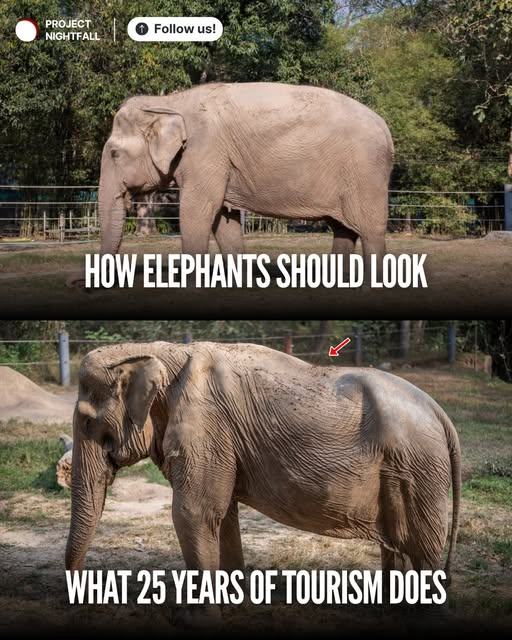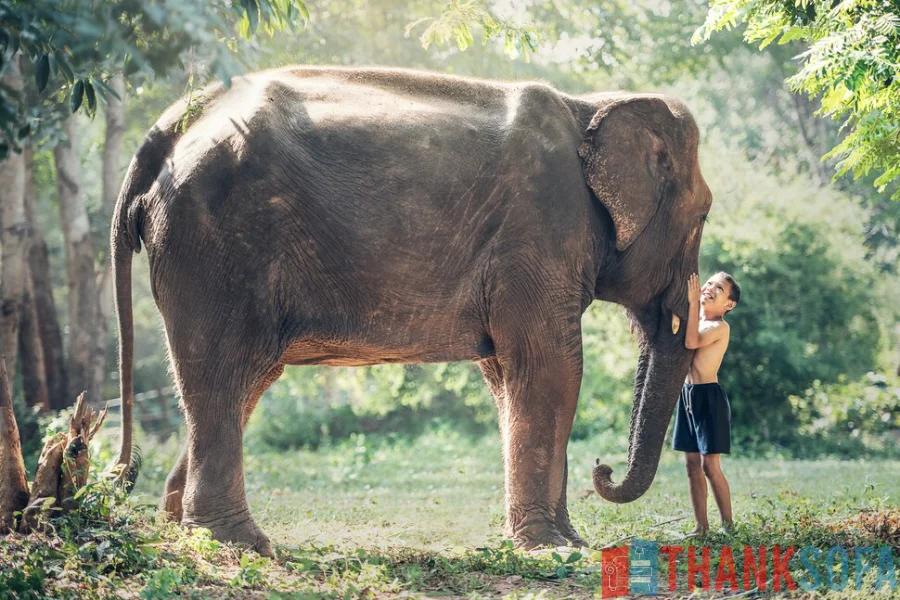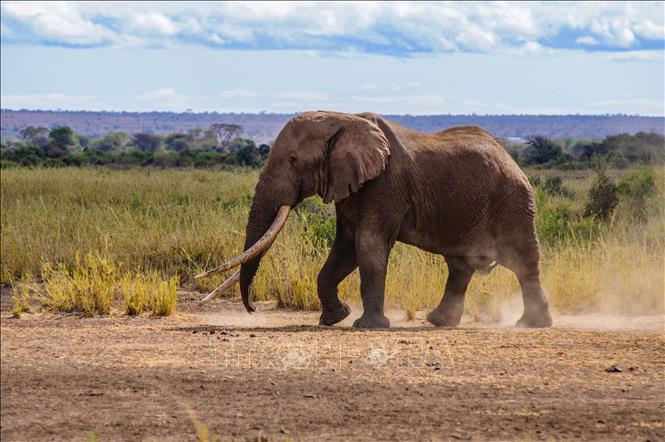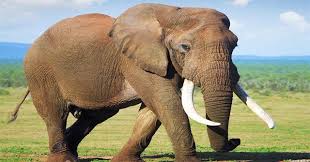The True Cost of a Ride: Pai Lin’s Spine Tells a Painful Story of Elephant Tourism

The True Cost of a Ride: Pai Lin’s Spine Tells a Painful Story of Elephant Tourism
What looks like a short, fun elephant ride for tourists hides a lifetime of suffering for the animals involved. Just look at Pai Lin—once a working elephant in Thailand’s trekking industry, now a living testament to the hidden damage behind the smiles in vacation photos.
For 25 long years, Pai Lin was forced to carry tourists, sometimes up to six people at once, plus a heavy wooden saddle and mahouts (handlers). She walked under the searing sun, over harsh terrain, with no choice but to obey. She was part of the lucrative elephant tourism industry that thrives on the ignorance of travelers seeking an “authentic” experience.
Now 71 years old, Pai Lin’s back tells the truth. Unlike healthy elephants, whose spines naturally curve upwards, her spine is permanently sunken and collapsed—a cruel result of carrying excessive weight for decades. Her disfigurement isn’t just cosmetic; it affects her mobility, her comfort, and her health every single day.
Before her rescue in 2007, Pai Lin endured more than just trekking. She was also exploited for illegal logging, forced into street begging, and lived a life of neglect, hunger, and fear. When she arrived at Wildlife Friends Foundation Thailand (WFFT), she was terrified, malnourished, and dehydrated—a broken soul in a broken body.
Thankfully, things changed. Today, Pai Lin is called “Grandma” at the sanctuary. She now roams freely across 44 acres, alongside other rescued elephants, foraging peacefully and enjoying the gentle rhythm of a life free from chains.
But the scars from her past remain. The sanctuary team cannot reverse the damage to her spine. Her story now serves as a powerful, painful reminder: elephants are not designed to carry humans. Their skeletal structure is fragile under the weight of constant labor. What we see as harmless fun is, for them, slow and irreversible torture.
The hope now is that Pai Lin’s story reaches far and wide—changing minds, sparking empathy, and encouraging tourists to say no to elephant rides. Choose ethical wildlife experiences. Support sanctuaries. Ask questions before participating.
Because for Pai Lin, and countless others like her, the cost of ignorance has already been far too high.











